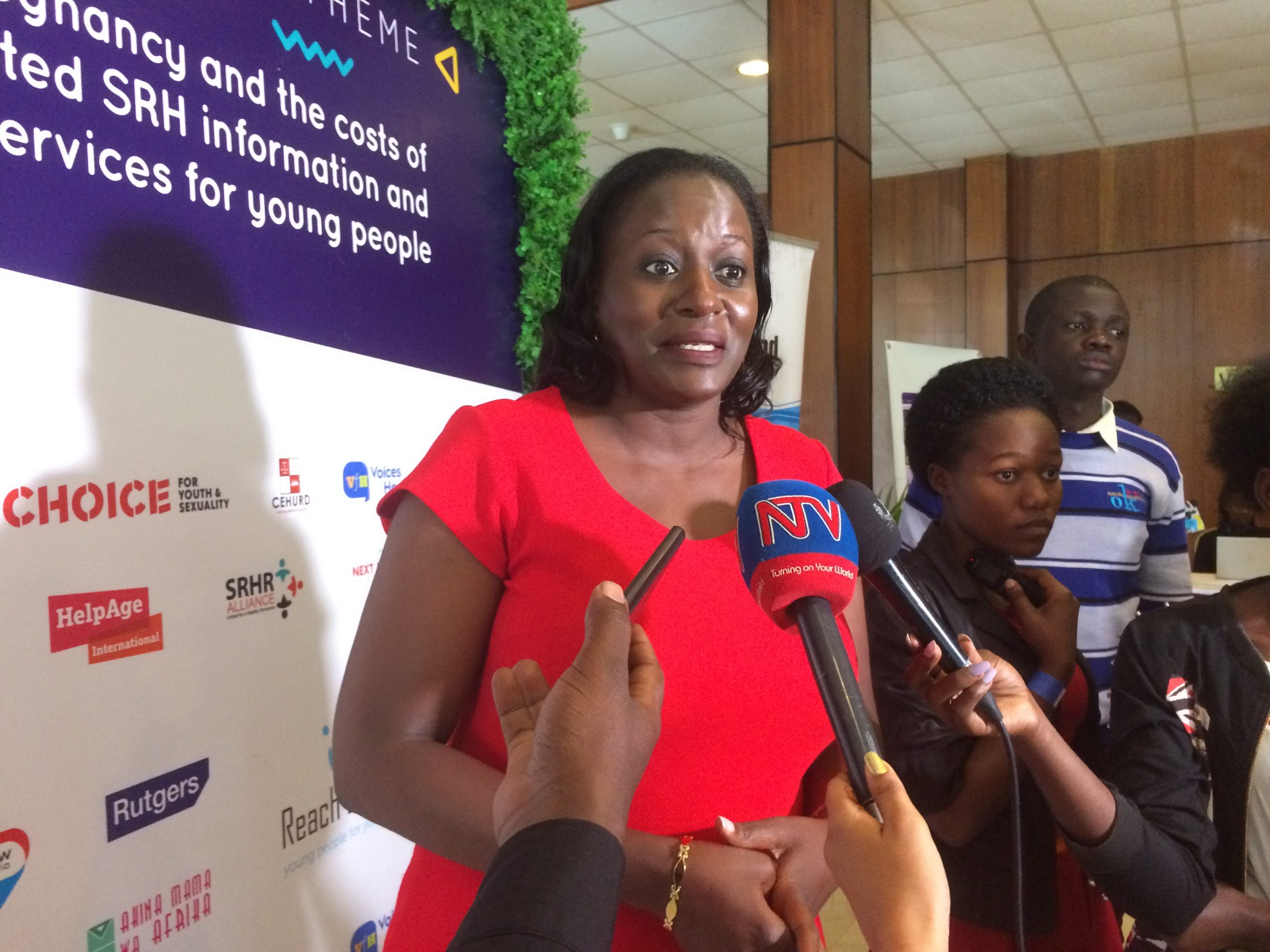| Author: Dr Nsaba Buturo (MP) – Member of Parliament & Head of Laity, Anglican Community in Parliament Former Minister of State for Ethics & Integrity It is increasingly acknowledged by many that moral values such as honesty, care, respect (towards leaders and the led, for laws and regulations, respect from majority of citizens by right), investing, saving, punctuality, time management, thrift or hard work, integrity, responsibility, punctuality, productivity, accountability and transparency are the bedrock of a nation’s socio-economic and political development. The (values) also guarantee stability, security, unity and prosperity for any nation. That being the case, the greatest challenge facing Ugandans today is how to ensure that there is abundance of these values in our lives as well as Uganda’s governance. A million dollar question is: how do we successfully apply and integrate these values in our governance, management systems and relationships so that Uganda is able to graduate and belong to the exclusive club of developed nations? Rather disturbingly, a silent social and largely immoral revolution is underway in Uganda. Hell is breaking loose. All religious, cultural and social barriers as well as our past moral restraint are being threatened with breaking down. Never in the history of Uganda have we seen a casting aside of moral restraint as we do nowadays. Practices that were considered unacceptable in the past are increasingly being accepted. The moral restraint placed upon men, women and young people by God is now laughed at and ridiculed. Dissipation of our values is leading to a new moral code which is seeking to replace God’s revealed morality. The truth of the matter is that our moral compass is threatening to break down at an alarming speed. It needs urgent mending! Any spiraling out of control of our social and moral fabric would pose great danger for Uganda’s cohesion, stability, security and prosperity. It would undermine government’s ability to act as an effective change agent which aims to deliver higher standards of living for Ugandans. Regardless of which side of the political, social and economic aisle one sits, the ongoing moral decline would also leave us beholden to more developed nations’ machinations. If Ugandans choose to do nothing about this ongoing decline, we shall increasingly become a weaker nation vis-à-vis stronger ones. Rather than deepen and consolidate impressive socio-economic and political gains already registered by the National Resistance Movement government, we shall progressively witness loss of the same. Nowadays, it is a known fact in our society that there is low level public commitment to tenets of morality. Both the quality and character of many Ugandans is wanting. Whereas in developed nations, citizens’ practices are, to a considerable extent, informed by respect for moral values and they have backup of strong operational institutions, in Uganda, a new moral and social order is asserting itself. The new order is characterized by, for example, acute levels of sectarianism, blatant and obscenely repulsive practice of unchecked and unrestrained stealing and abusing of public resources by cartels and syndicates of public officials, bribing with abandon by public officials and members of the public in order to gain access to government services or undue favours, declining appetite by government officials to work diligently, profligacy, ostentatious living by public servants, wanton disregard of the law, precedent and tradition, inefficacy of anti-corruption agencies, self-hate, emergence of assertive and obnoxious practices such as homosexuality, murders, secularism, godlessness, declining authority of religious institutions and destruction of our environment and wetlands, Equally disturbing is the fact that morality and its imperatives do not feature prominently as an integral part of government’s development policies and agenda. This is despite the fact that ignoring them paves way to, among other outcomes, increasing adoption of poorer work ethics by officials, an increasingly assertive and rapacious culture of hypocrisy, dishonesty, greed, disrespect, irresponsibility and, overall lowering of our standards. A congregation of these outcomes is likely to lead to sub-standard service delivery, sub-standard services, national humiliation, indignity, oppression, domination and exploitation by more morally anchored nations. That is to say, unchecked moral decline has a devastating and corrosive effect on the socio-economic and political life of nations, Uganda included. Ugandans in general and our leaders in particular have their work cut out if we are to place Uganda onto a pedestal of respectable socio-economic and political plane. The most compelling challenge of the hour then is to answer the question: what should we do to reverse the on-going moral decline in Uganda? First, we must stage a genuine revolt against corruption. We must profoundly, genuinely and practically reject immorality, licentiousness and sensuality, lawlessness, godlessness and sectarianism all of which have the effect of derailing our surge to modernity. Second, our current development model must take practical cognizance of the centrality of moral values in societal development. Of necessity, government must promote uncontested eminence of morality, ethics and character in its politics as well as development policies and strategies. If it fails to do this, Ugandan’s governance will be lackadaisical and government will be unable to usher Ugandans into modernity. Overall, government’s impact on citizens will remain both a chimera and a mirage. Government must uncompromisingly promote a spirited memory and attitude which would cause all citizens in general and public officials in particular to abide by moral values in their daily conduct and transactions. It must show readiness to punish individuals who violate basic moral principles. The thesis of this conversation is that both politics and development policies and programmes which are devoid of ethical and moral values are bound to have limited and short-term effect on the much-needed national transformation. If we truly desire productive, virtuous and successful citizens, government must spearhead a common moral identity. Third, Ugandans must not only reflect on the import of our motto: For God and My Country. We must choose to be honest with God by truly loving Him and loving ourselves and fellow human beings in equal measure. On current form, our performance is not impressive! It is worrying. This then is Uganda’s principle challenge as she strives to transform into a modern egalitarian nation. |







